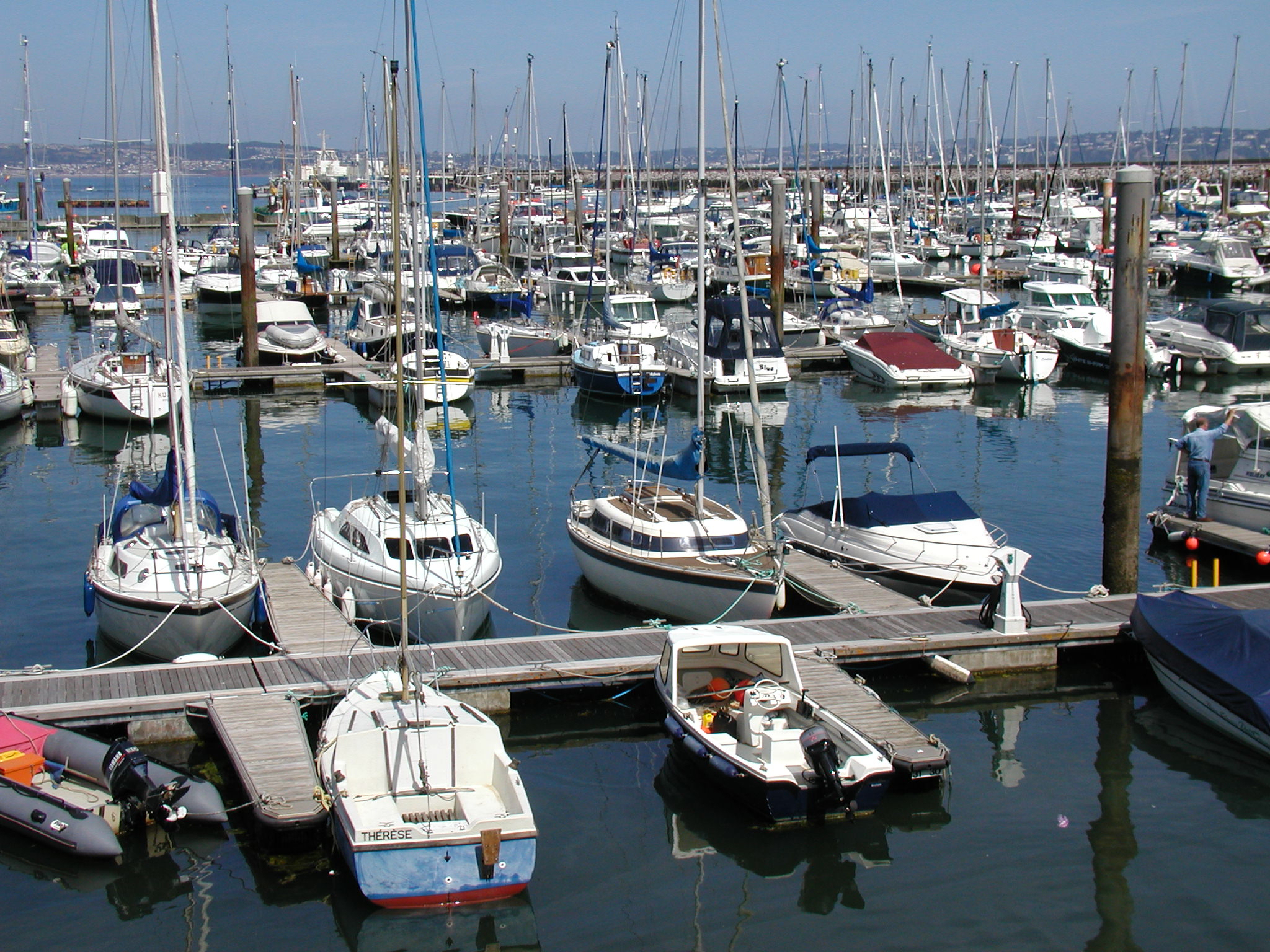Bilge Water Handling

Description
Dumping oily bilge water directly into the water can harm marine life, and is illegal. This fact sheet provides marina operators and boaters with the information needed to mini- mize the impacts of contaminated bilge water.
The following laws apply to bilge water discharge. A summary of these regulatory programs in Chapter 6 of the Massachusetts Clean Marina Guide (see web link above):
- Clean Water Act – Discharge of Oils
- National Pollutant Discharge Elimination System (NPDES) Multi-Sector General Permit for Industrial Activities
- Massachusetts Clean Waters Act
- Massachusetts Waterways Regulations
Best Management Practices
The following BMPs will help minimize the impacts of oil and other pollution that often results from bilge water discharge. As described below, some of these BMPs may be legally required.
- Suspend Bilge Water Discharges by the Marina: Oily bilge water is hazard- ous waste and it is illegal for marinas to discharge it into the water. If your marina discharges bilge water, you are required to secure a NPDES Individual Permit for Industrial Discharges.
- Prohibit Discharge of Untreated Water by Boaters at Your Marina: Marinas should require as part of the environmental contract, or by other appropriate means, that untreated bilge water not be discharged within the marina perimeter. Provide customers with options for proper discharge either by making oil absor- bent pads available or by providing services for pumping out bilge water. Encourage them to do the right thing with bilge water.
- Make Oil Absorbent Pads Available: Oil absorbent pads absorb oil while repelling water. They are an effective means for collecting oil that leaks into your bilge, and thereby preventing the discharge of oily water. Oil booms can be used in larger boats. Pads should be replaced several times a season and more often if the engine and engine lines are leaky. Make sure your customers who use oil absorbent pads know where they may be properly disposed of at the marina. If oil can be squeezed out of the pad, it must be disposed of as hazardous waste.
- Vacuum Systems for Removing Bilge Water: Consider purchasing a vacuum pump system to remove bilge water for your customers. A vacuum system removes all of the bilge water and pumps it into drums for off-site treatment and disposal. The drums should be stored in a hazardous waste storage area prior to pick-up. Providing this service will ensure that boaters can comply with the law. It may also generate revenue for the marina. See Appendix C of the Massachusetts Clean Marina Guide for a list of manufacturers.
- Mandatory Bilge Water Removal: Make bilge water pumping a requirement for all vessels hauled out at your marina. Include a charge for this service, which is incorporated into the haulout fee.
- Bilge Oil Filters: Sell and install bilge oil filters. These filters clean bilge water on the boat prior to it being discharged overboard. The filter cartridge system is built into the bilge pump system for convenience and effciency.
- Portable Oil/Water Separator: Use a portable oil/water separator to treat oily bilge water and contaminated fuel. These systems treat bilge water on-site by directly pumping it through the separator, which removes petroleum products and sediments. The treated water can then be discharged into coastal waters. The oily water that is removed must be disposed of as hazardous waste.
- Install Oil/Water Separators: Promote the installation of oil/water separators in bilges. If your facility is equipped, consider adding separator installation to your list of services. Otherwise, contact local boatyards and find out where these services can be provided. If you discover that your customers are particularly interested in the service, you may be able to receive a commission from the boatyard.
- Inform Boaters: Inform boaters about the negative effects of bilge water discharge. Direct them to solutions for managing bilge water.
- Train Employees: Train employees to be on the lookout for bilge water discharge by boaters. Discuss with your staff an effective way to deal with customers who are discharging bilge water. Some boaters may not know that it is an illegal act.
Useful Contacts
US Environmental Protection Agency (EPA) National Pollutant Discharge Elimination System (NPDES) Program — Call (617) 918-1615 or look on-line at
http://cfpub.epa.gov/npdes for information about the NPDES Multi-Sector General Permit and its requirements.
State Fire Marshall’s Office — Call (978) 567-3300 for information on state spill response and reporting requirements. National Spill Response Center — Call (800) 424-8802 to report a spill. 4.U.S. Coast Guard Marine Safety Office — Boston (Cape Cod Canal to NH border), (617) 223-3000; Providence (RI border to Cape Cod Canal; including Cape & Islands), (401) 435-2300 or (800) 644-0217. Call for information on federal spill response and reporting requirements.